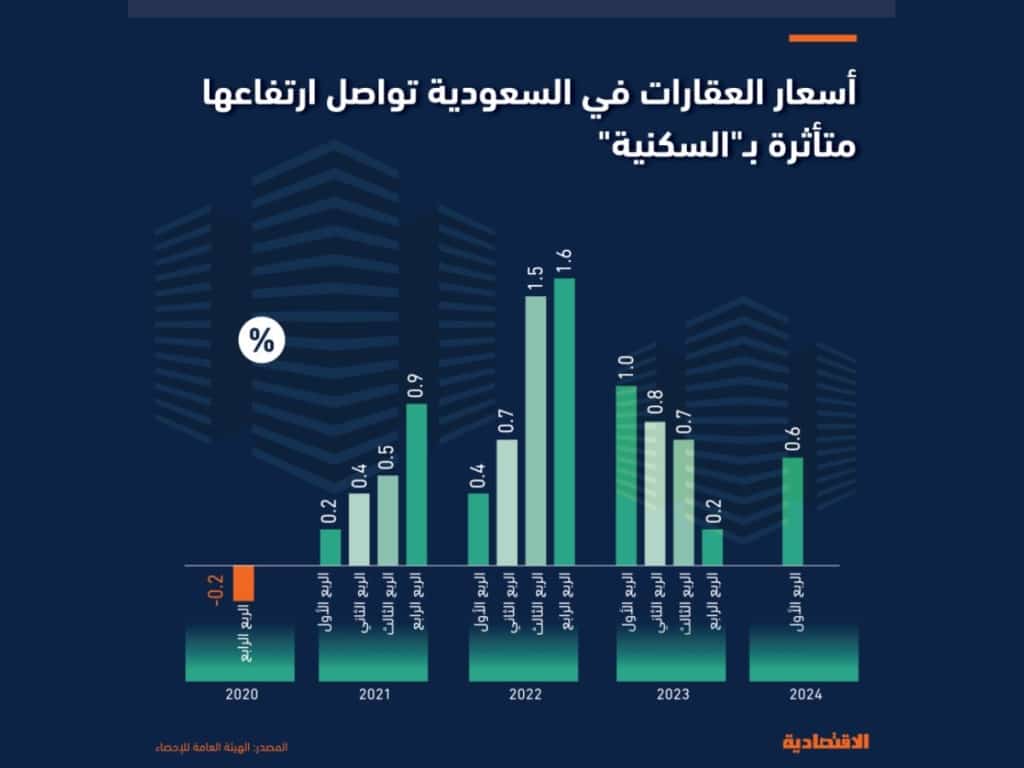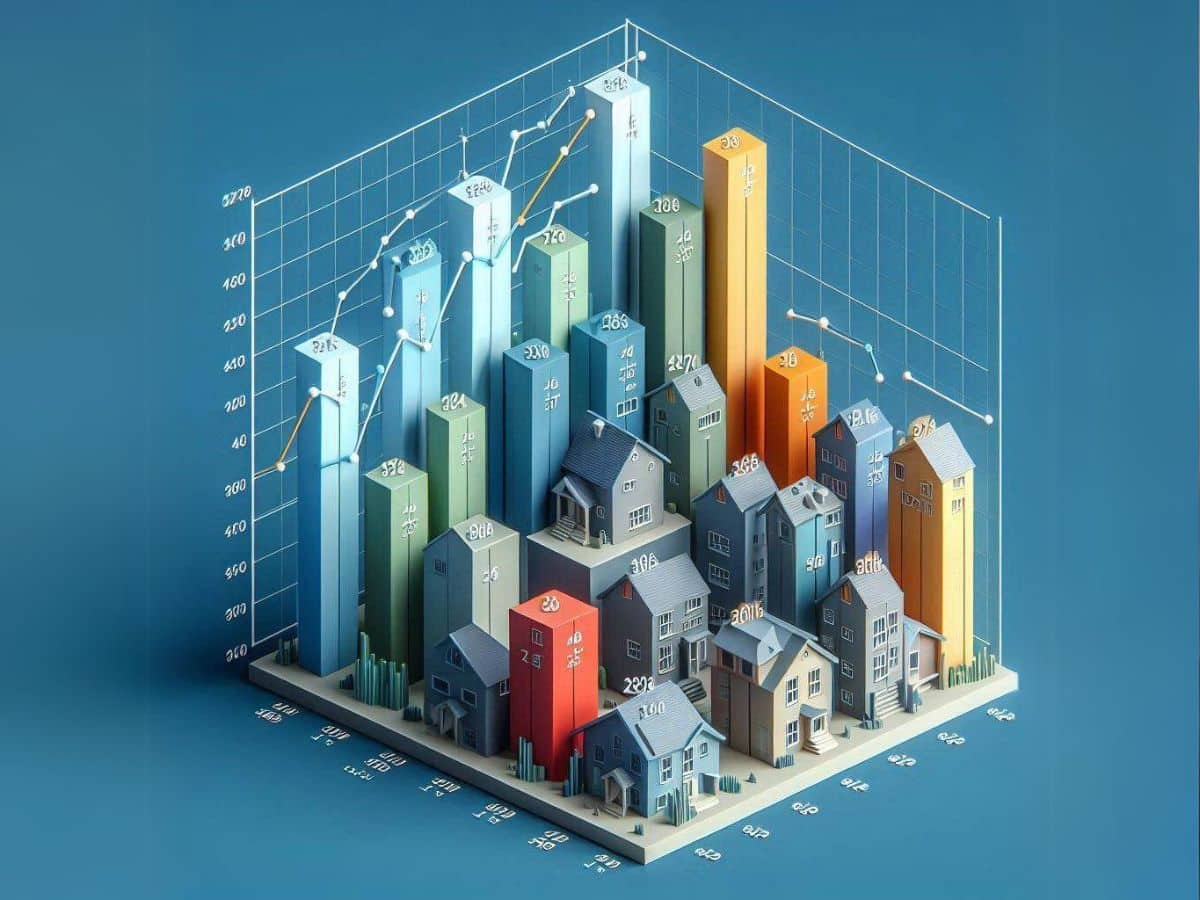Effective real estate management requires good planning and organization to preserve real estate assets and achieve maximum value from real estate investments. In this article, we’ll explore the periodic tasks necessary for effective property management and achieving investment goals.
Providing periodic maintenance services:
Determine a schedule: Set a periodic maintenance schedule that specifies the dates for regularly performing maintenance tasks, whether preventive or repair. This schedule can be monthly, quarterly, or as needed, and depends on the type of property and its specific requirements. Types of maintenance: Preventive maintenance includes activities performed regularly to prevent future problems, such as checking heating, ventilation, and air conditioning equipment. Corrective maintenance responds to current problems and includes repair and replacement operations.
Structural tasks: Structural maintenance includes all work related to the property’s infrastructure, such as plumbing, electrical, carpentry, and painting. Carry out these tasks regularly to ensure the integrity and durability of the structure. Security and safety measures: This task includes examining and maintaining the property’s protection and safety systems, such as fire alarms and burglar alarms. Conduct periodic checks of these systems and perform necessary maintenance. Finally, Documentation and reports: Document all completed maintenance activities and prepare periodic reports summarizing the condition of the property and the work completed. This helps track maintenance and identify any potential problems.
You can read more about setting up and implementing effective property maintenance programs
Contract and lease management:
Updating rental contracts: This requires reviewing the terms and conditions of the rental contract regularly and updating them as needed. Contracts must be clear and comprehensive to ensure that tenants and owners adhere to their mutual rights and obligations. Collecting rents regularly: Collect rents on the specified dates as outlined in the contract. Real estate managers should implement strict debt collection policies and follow up on any late payments. Property management systems can be used to organize this process effectively.
Addressing violations and problems: Take necessary measures to address any non-compliance with the contract terms or late payments. These measures may include warning the tenant, imposing late fines, or even imposing legal action to break the contract. Also document processes: Record all activities related to contract and lease management, including contract updates and payment records. This documentation can be useful in the event that there is a need to resort to the law to resolve disputes.
Monitoring financial performance:
Expense Control: This requires analyzing and monitoring all expenses related to real estate, including maintenance costs, taxes, management costs, and utility costs such as water and electricity. It must be determined whether these expenses are in line with the set budget and with the average expenses in the market. Also monitor rents: Property managers must keep track of all rents received and ensure they are received on time. You should also follow up on any late payment and take action to collect overdue rent.
Financial Performance Analysis: Property managers should regularly analyze the financial performance of properties to identify trends and knowledge of the performance of each individual property. Financial performance indicators such as Return on Investment (ROI) and Net Operating Income can be used to evaluate performance. Additionally, analyze performance compared to market averages: Compare real estate performance to market averages to ensure competitive prices and achieve the appropriate return. This may require controlling rents or improving services provided to tenants.
Communication with tenants:
Providing multiple communication channels: Various and effective communication channels must be provided, such as email, phone, text messages, and applications designated for property management. This helps provide multiple options for tenants to communicate and achieve their comfort. Rapid response: The needs and problems of tenants must be responded to quickly and effectively. This helps build trust and satisfaction of tenants and maintains good relationships with them.
Listening to feedback and complaints: The company should be ready to receive feedback and complaints from tenants, actively listen to their concerns, and address them appropriately. This feedback can be used to improve property services and better meet tenants’ needs. Additionally, organizing communication events: Arrange periodic communication events with tenants, such as monthly or semi-annual meetings, to discuss any property-related issues and provide updates on ongoing developments or repairs.
Marketing and management of vacant properties:
Develop multiple marketing strategies: Develop multiple marketing strategies that include the use of a wide range of channels such as print ads, online ads, social media, and private real estate websites. Also, professional photography: Professional real estate photography is one of the factors affecting the attractiveness of the offer. Photograph vacant properties well and use high-quality images for a distinctive and attractive presentation.
Offer promotions: Offer attractive promotions such as first rent discounts or free services such as free rental periods or free installation of electrical appliances. Also respond quickly to inquiries: Be quick to respond to inquiries and information requests from potential tenants. Provide comprehensive and detailed information about available properties and make the process smooth for potential tenants.
You can also learn about marketing real estate for sale in the Kingdom of Saudi Arabia
Providing reports and analyses:
Providing periodic reports and analyzes is a vital part of real estate management, as it helps in understanding real estate performance and making strategic decisions based on available data and information. Here are some key steps to delivering effective reporting and analysis: Identify key performance indicators: Identify the key indicators whose performance you want to evaluate, such as occupancy rate, net revenue, marketing rates, occupancy rates, and overhead costs.
Data Collection: Collect data necessary to evaluate properties’ performance, such as rents received, maintenance costs, occupancies, net revenues, and any other relevant data. Data analysis: Analyze the collected data to understand the performance of properties over a certain period of time. Look for important trends and information that can influence decision making. Also preparing reports: Prepare periodic reports that include analysis results and key performance indicators. Reports must be clear and directed towards previously established objectives. Finally, provide analyses: Present your analyzes and reports to the management team or investors, highlighting the main points and suggestions to improve real estate performance.
Real estate price statistics in Saudi Arabia as stated in Al-Eqtisadiah

Continuous development and improvement:
Continuous development and improvement is an essential part of the real estate management process, as it aims to enhance the attractiveness of real estate and continuously improve its performance. Here are some tips for continuous development and improvement:
Provide improvement recommendations: Based on ongoing analyzes and reviews, provide recommendations to improve processes and services provided. These recommendations could include improvements in maintenance operations, improvements in tenant care services, and updates in marketing and promotion. Infrastructure development: Invest in improving real estate infrastructure, such as improvements in energy, security, and information technology, to enhance the attractiveness of the properties and increase their value.
Implement technology improvements: Use modern technology to improve operations and facilitate communication with tenants, such as mobile applications for property management and automation systems for maintenance. Also follow developments in the market: stay up to date with developments in the real estate market, and develop appropriate strategies to meet the expectations and needs of tenants and owners.
If you want to know more about our real estate, and contracting and construction services
Conclusion:
These periodic real estate management tasks show that success in this field depends on good organization and planning and adherence to quality and transparency standards. By performing these tasks regularly, outstanding property management performance can be achieved and maximum return on real estate investments can be achieved.




